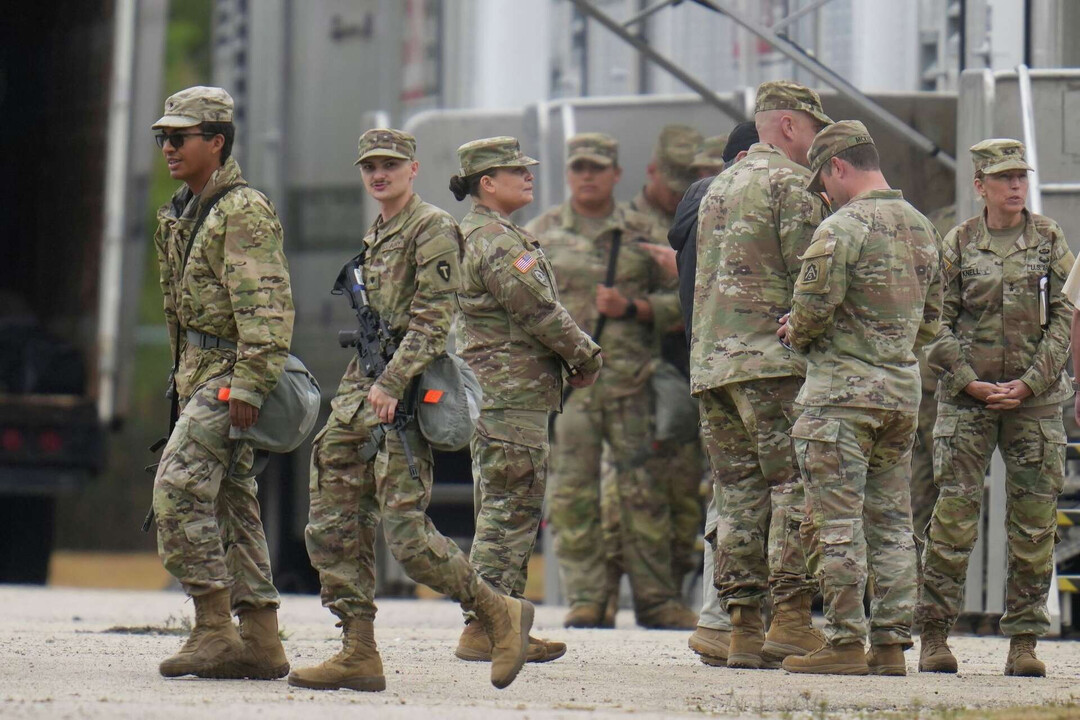
WASHINGTON - Political tensions in the United States have reached a peak following an unprecedented public demand by U.S. President Donald Trump for the 'imprisonment' of Democratic officials, Illinois Governor J. B. Pritzker and Chicago Mayor Brandon Johnson. The demand stems from the Trump administration's hardline immigration policy, 'Operación Midway Blitz,' and the President's accusation that the two leaders failed to adequately protect Immigration and Customs Enforcement (ICE) agents amidst escalating protests against the operation.
Trump Demands Imprisonment Over 'Failure to Protect ICE Agents'
On Wednesday, October 8th, President Trump posted on his social media platform, 'Truth Social,' urging the jailing of the two elected officials: "Chicago Mayor should be in jail for failing to protect ICE Officers! Governor Pritzker also!" The call for the imprisonment of a state's chief executive is highly unusual, and the President has continued his attack without clearly stating which legal statutes the two had allegedly violated.
The conflict's backdrop is the administration's large-scale immigration enforcement and deportation campaign in the Chicago area, 'Operación Midway Blitz,' which has been met with intense street protests from citizens. ICE stated the operation targets illegal immigrants with criminal records who exploit Illinois's status as a 'Sanctuary' state. However, critics argue it is an intensified crackdown targeting the Latino community for mass deportation.
Forced National Guard Deployment and Governor's Fierce Backlash
President Trump's demands have further exacerbated the months-long standoff between the federal government and Illinois authorities. The situation drastically worsened when President Trump pushed through the deployment of the National Guard despite the Governor's opposition. On Tuesday, October 7th, 200 members of the Texas National Guard arrived on the outskirts of Chicago. They joined 300 local State Guard members to begin operations in the city on Wednesday, October 8th, tasked with protecting federal agents and facilities.
In response, Governor Pritzker fiercely criticized President Trump in an interview, accusing him of "suffering from dementia." He slammed the President as "someone who has something stuck in his head that won't come out," and "someone who doesn't read and knows nothing about the current situation." Pritzker further argued that the President's move to deploy troops to Democratic-led cities is a tactic designed to intimidate voters ahead of next year's midterm elections.
Legal Battle and the Threat of the 'Insurrection Act'
Illinois state authorities filed an emergency lawsuit to block the National Guard deployment, with a court hearing scheduled for Thursday, October 9th. The outcome is highly anticipated.
In Chicago, there have been multiple reports of tear gas use and excessive force during clashes between federal agents and protestors over the past weekend, resulting in numerous injuries and arrests in the anti-immigrant enforcement demonstrations. Reports have also emerged of a Border Patrol agent firing a gun at a protest site, injuring a U.S. citizen.
While the National Guard is generally under the Governor's control, the President has vast discretion to call up the National Guard or deploy active-duty military domestically, even without the Governor's consent, by invoking the 'Insurrection Act.' This law, enacted in the early 19th century, grants the President broad powers to use the military in cases of insurrection, rebellion, or when law enforcement is otherwise impossible.
Kristi Noem, the Trump administration's Secretary of Homeland Security, has categorized the situation in Chicago as a "war zone," justifying the military involvement and suggesting that the President may invoke this rare law. Critics worry that labeling the current situation an insurrection is an overstatement and that the military deployment will only fuel the conflict.
[Copyright (c) Global Economic Times. All Rights Reserved.]




























